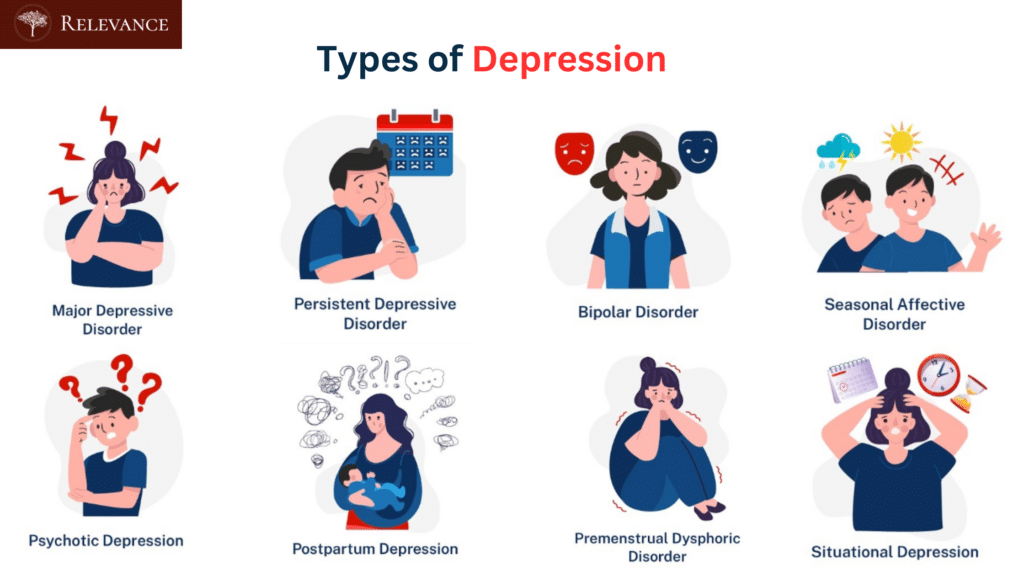Depression, often referred to as the “mental cold”, is different from the common cold in that it can heal itself. However, when faced with depression, many people only see the pain it brings and ignore the positive meaning behind it. If we can change our perspective and correctly understand depression, it is actually an opportunity for psychological adjustment that allows us to better understand ourselves and find the true direction for growth.
1. Depression is a process of psychological reconstruction
The famous psychologist Li Songwei once said: “People with depression are not pessimistic about the world, but they see the world more realistically.”
Many people are prone to depression when they have internal conflicts, for example
The root of these emotions lies in the fact that our values are often based on an assumption of “how it should be”. However, there is no fixed rhythm in the real world, and everyone’s growth path is different. When reality does not meet our expectations, a rift will appear in our hearts, and we may even feel that we have lost control of the world.

For example, a friend of mine had a successful career and a happy marriage, but a sudden serious illness not only caused him physical suffering, but also plunged him into a deep psychological low. He kept asking, “Why did this happen to me? Will this affect the rest of my life?”
However, from another perspective, ‘getting sick’ is something that everyone experiences, and it doesn’t mean that life is completely out of control. If he can accept this fact and accept it as part of life, rather than as proof of his own failure, then his psychological burden will not be so heavy, and he will actively seek help to recover as soon as possible.
2. Depression is a process of finding “true self
Many depressed people tend to measure themselves against social standards:
When we pay excessive attention to external evaluations and ignore our true needs, our inner world becomes extremely unstable and vulnerable to external influences.
In psychology, this phenomenon is called “discrimination” – always dividing things into “good” or “bad”, “win” or “lose”, and judging ourselves accordingly. If we are always caught up in comparisons, our emotions will naturally be easily affected by external fluctuations.
A visitor once fell into depression due to conflicts at work. He was a man of few words, and every time he had a dispute with his leader, he chose to remain silent. Eventually, these pent-up emotions accumulated inside, evolving into depression.
His true inner desire was to be understood and respected, but he didn’t find the right way to express it. Instead, he used depression as a way to escape, as if to silently accuse his boss: “I’m sick, so stop pushing me.”
In this situation, the key is to learn to express your needs correctly. When a person can clearly recognize what they want and convey it in an appropriate way, they won’t need to attract attention through depression, but can actively adjust their state.
When we no longer rely on external feedback to confirm our self-worth, but instead find our own inner needs, depression is no longer a burden, but an opportunity to re-discover ourselves.
3. Depression is a process of accumulating energy
Depressive moods are often not the result of a moment, but the result of long-term accumulation. When the stress and anxiety in life continue to pile up, it will eventually lead to a mental breakdown.
However, if we learn to accept depression and pay attention to our real needs, depression can also become a process of accumulating energy.
Psychological research shows that depression can help us identify past thinking mistakes and prompt us to adjust our cognitive model. This process actually makes us more mature and stronger.
You can think of depression as a pause button in life. Just as when you have a cold, your body will remind you to rest with fatigue and fever, depression is also the brain telling you, “You need to adjust and repair.”
If we can be aware of this, we will not see depression as a failure, but as a signal for self-growth. We will learn to take better care of ourselves, adjust our pace of life, and be more capable of facing challenges in the future.
Conclusion: Find growth from the depths
If you are experiencing depression, don’t beat yourself up or attack yourself. Instead, look at it from a different perspective and see what it has taught you.
Behind every crisis often lies an opportunity. After depression, you may find a stronger and clearer self.

